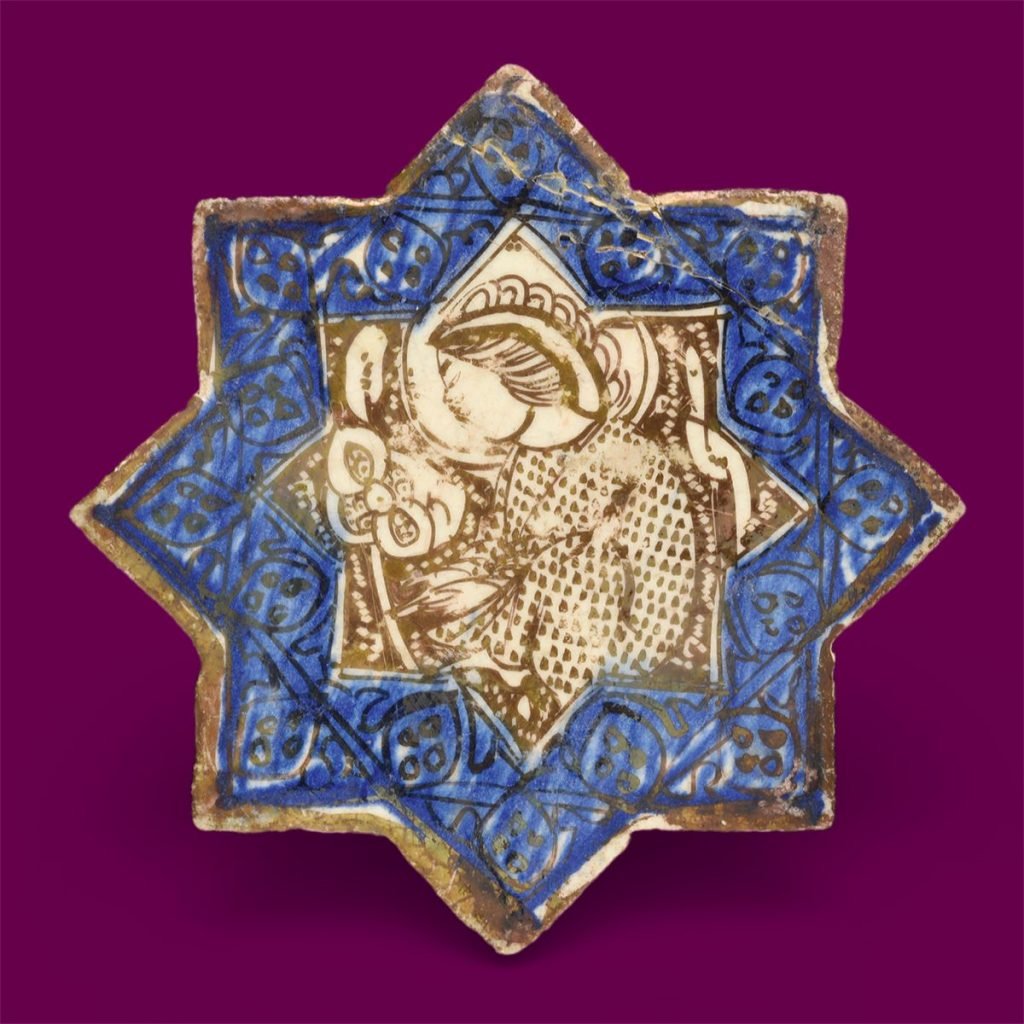Museums & Institutions
The Frick Pittsburgh Is Facing Criticism for Postponing an Islamic Art Show Over the Middle East Conflict
Museum director Elizabeth Barker said the show was pushed back for fears it may be "insensitive."

Museum director Elizabeth Barker said the show was pushed back for fears it may be "insensitive."

Adam Schrader

The Frick Pittsburgh has issued an apology, assuring it will repair its relationships with the Muslim community after postponing an Islamic art exhibition over Israel’s war against Hamas.
“Treasured Ornament: 10 Centuries of Islamic Art”—which was expected to run from November 4 through February 25, 2024, after an earlier postponement due to “a scheduling conflict”—was quietly rescheduled again after Hamas launched its October 7 attack against Israel, The Pittsburgh Tribune-Review reported. The show is now slated to open August 2024.
“When war broke out in the Middle East, we were as heartbroken as everyone, and we realized that we were about to open an exhibition that a forgiving person would call insensitive, but for many people, especially in our community, would be traumatic,” museum director Elizabeth Barker told the newspaper.
But the museum largely reframed its reasoning in a new statement, saying the show was postponed because the Frick had not engaged with the local Muslim community, an oversight it characterized as a disservice to the exhibition.
“The Frick is devastated to have hurt neighbors we deeply respect with our unclear communication about the postponement of this exhibition featuring 10 centuries of Islamic art. We will work earnestly to repair our relationships with the Muslim community,” reads the statement.
The museum said it had booked the touring exhibition “years ago” because the emphasis on design and materials across centuries connected thematically with recent Frick exhibitions on Fabergé and Art Nouveau jewelry.
“As we looked more deeply at the show, we became concerned by the light historical context and our lack of engagement with the regional Muslim community. We know that great exhibitions require deep and meaningful community partnerships, like those that shaped our current shows,” the museum said, adding that “[t]o proceed without the participation of the Muslim community risked trivializing and objectifying Islamic culture as merely decorative.”
However, an earlier version of the statement, now archived after being removed, read that it “would have been impossible to predict that war would erupt in the Middle East during the time of this show, prompting widespread heartbreak and mounting social tension.”
The new statement came after members of both the Muslim and Jewish communities criticized the museum’s decision to postpone the exhibition.
“The decision to postpone the ‘Treasured Ornament: 10 Centuries of Islamic Art’ exhibition under the pretext of potential harm to the Jewish community perpetuates the harmful stereotype that Muslims or Islamic art are synonymous with terrorism or antisemitism,” Christine Mohamed, the executive director of the Pittsburgh chapter of the Council on American-Islamic Relations, said in a statement.
Mohamed said that the museum’s “false perspective” showed a disregard for the diversity in the Islamic world, calling it “disheartening” that the museum’s stance created “the potential to incite harm in the Pittsburgh Muslim community.”
“We cannot overlook the trauma and suffering experienced by the Palestinian people, with more than 8,000 lives lost, including almost 4,000 innocent children,” she said. “The extent to which this tragedy is overshadowed underscores a troubling lack of empathy and humanity—something that even the most forgiving person would find deeply disturbing.”
Meanwhile, Adam Hertzman, an official with the Jewish Federation of Greater Pittsburgh, told the radio station WESA that “few people in the Jewish community would have been concerned about an exhibit on Islamic art because we understand that has nothing to do with Hamas, which is a terrorist organization.”
Before it was postponed, the museum highlighted the show of “expertly crafted and exquisitely ornate objects that anchored everyday life in the region we today refer to as the Middle East, including Iran, Egypt, India, Syria, and Turkey.” Objects set to be featured include fine glassware, ceramics, metalwork, painting, and weaving that evoke “the rich history of the Islamic world, and the shared human experiences that bind us, transcending borders and boundaries.”
More Trending Stories:
Revealed: The Major Mystery Consignors of New York’s Multi-Billion-Dollar Fall Auction Season
Christie’s Pulled Two Works by a Prominent Middle Eastern Artist From Sale After a Complaint